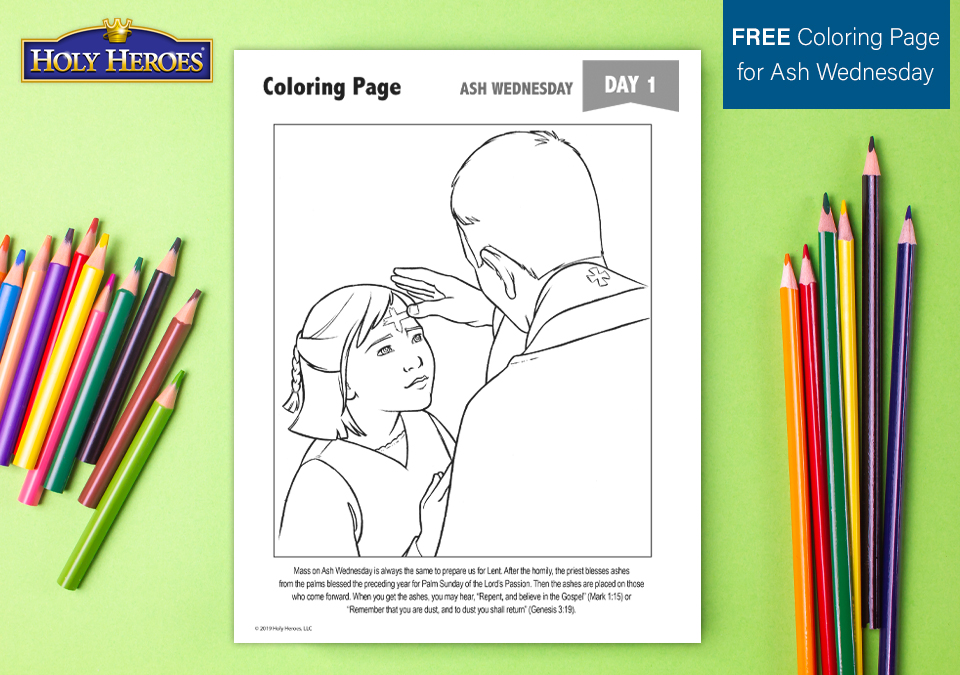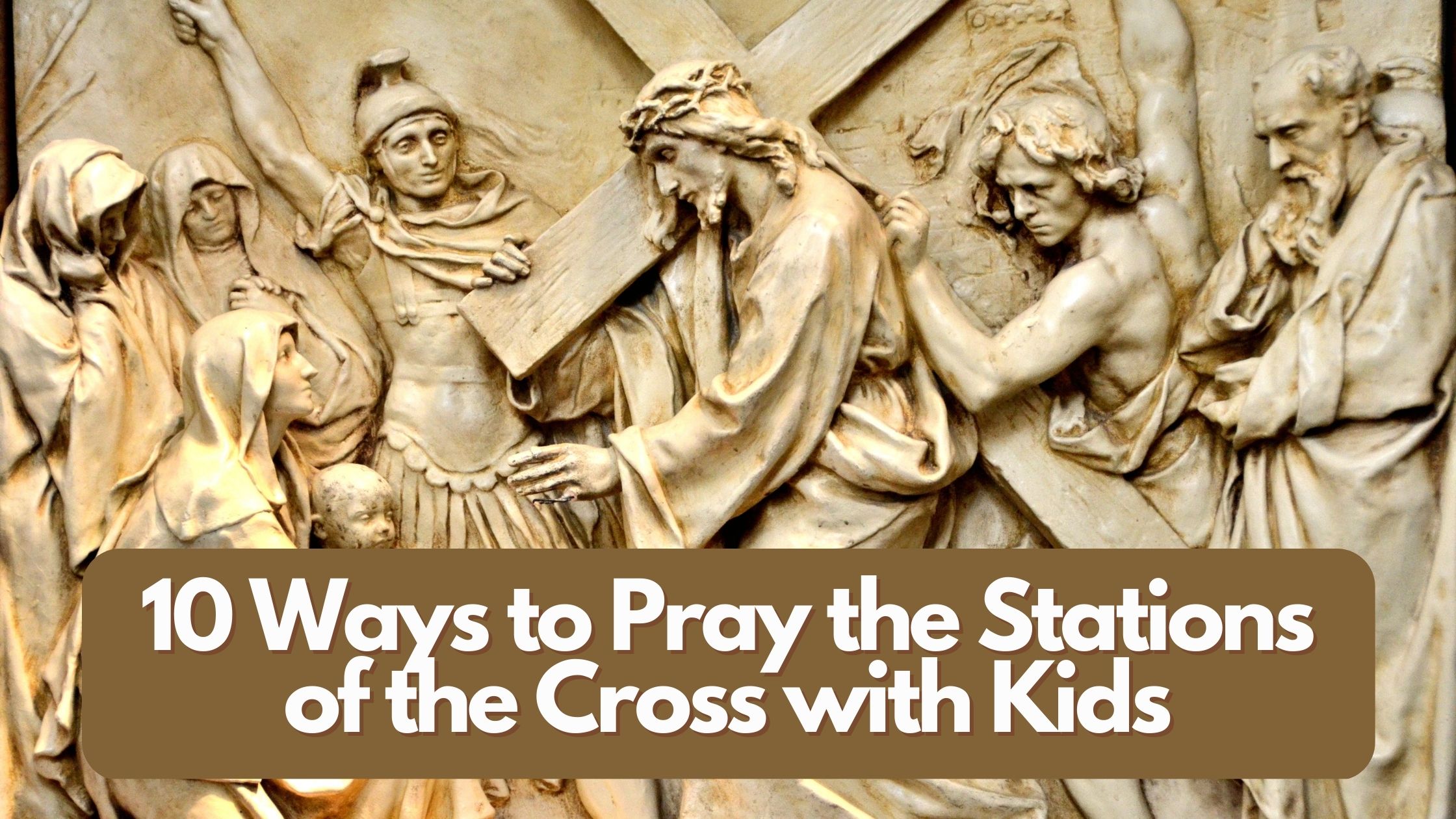We asked Theoni Bell to share ways she healed after losing her daughter. After Theoni shared on the Holy Heroes podcast, we asked her to write down her suggestions in a blog. You can listen and read Theoni’s thoughts below:
After I suffered a stillbirth in 2020, I fell deep into anxiety and grief. It was incredibly painful, but I was never alone. I am grateful that I had the example of other Catholic women and the other members of my family with whom I could share my grief. There were many things we all did to cope at that time. Below are TEN ways we reached out for comfort or found healing together during that time:
- Pray together: Keeping the habit of praying the rosary – or any family prayers – after our loss was healing for all of us. We kept our feelings tucked away as we tried to go about each day, and stopping to pray as a family brought those feelings to the surface where we could comfort and help each other through them.
- Get a memorial: There are many mementos you can keep to remember your little one, even some the siblings can cherish. Ornaments, beaded bracelets and necklaces, prints, locks of hair, a locket with the name inside, statuettes of babies, and other options can be found online. After my third loss, I commissioned this image of Our Lady holding my child with Jesus standing by which comes as prints or prayer cards. Even a super soft stuffie can bring comfort to your other children. Just try to stay away from depictions of the lost child as an angel.
- Slow Down! You absolutely need time to grieve and process. Your children and husband do also. Hearts will be tender at this time. Some people need hugs and cuddles. Some need space. Some are angry or confused and need more time to talk it out. But if you don’t take time off, the grief will get buried and become something worse. Ask for time off work, even if it is uncomfortable to share the sad news. Don’t rush your healing or gauge it on what others have experienced. Do beautiful things in the downtime, like going to parks, gardening, reading more, taking picnics, painting, driving in the country or mountains, etc.
- Just cry: If you choke on your emotions while you are folding laundry, just let it out. If anxiety or confusion overcomes you in traffic, play a song that helps you grieve. If you’re letting other people grieve how they need to, you should never feel bad for crying…a lot. Don’t be mad if your spouse isn’t crying as much as you. I often asked my husband for a hug, and he knew why I needed one. It was a 1-minute gesture that acknowledged our shared pain. But I also put the kids in front of the TV to cry alone with Jesus and Mary in my bed. Sometimes, I curled up with the hospital baby blanket or looked at my sweet baby girl’s photo.
- Find Time for Your Husband: My husband and I went on two dates in those early days. We parked the car and cried. We talked about what it was like to hold our little girl and bury our little girl. We saw a movie. We took a walk. This was a time for us to understand the other person’s grief and needs.
- Find Support: You will most likely meet other moms who have lost babies when you share your story with family and friends. But after those first few weeks, it might feel like you are burdening others with your sorrow. Though you probably aren’t, it is still helpful to find a support group or a retreat. Redbird Ministries has a big reach in this area. I also found Sursum Corda to be extremely helpful. Start by reaching out to your parish which might already have a formal program. This list is another good place to start.
- Your priest can also provide you with the Blessing for Parents of Loss, the Rite for Naming and Commendation of an Infant who Died Before Birth, or even the Funeral Rite for Children who Died Before Baptism. Beyond that, his prayers and words could bring some consolation.
- Meditate on Our Lady of Sorrows: I was gifted this book after my stillbirth. It gave me a focus outside of my own head. It brought me closer to Our Blessed Mother, as I felt compassion for her and felt her compassion for me. No mother has suffered more than Our Lady! She cannot fail to come to you in your sorrow. Not only that, but she shows us how to unite our suffering to hers and her Son’s, and how to still believe in the Goodness of God.
- Find your faithful guide through the grief: Mine was St. Zelie Martin who lost 3 infant sons and a five-year-old daughter. She shared her intense sorrow in letters to her husband, brother, and sister-in-law. They are published in this book. As I read, I journeyed through the illnesses and deaths of each child and the grief St. Zelie felt, but I was eventually comforted by her acceptance of God’s will and belief in God’s love. There are many saints you can pray to and read about who have suffered as you have. St. Louis Martin, St. Bernard of Clairvaux, St. Catherine of Siena, St. Catherine of Sweden, St. Rita, and St. Raymond of Nonnatus are all connected to the loss of infants and children. Siblings of lost infants can find comfort in St. Josemaria Escriva who lost three sisters or St. Therese of Lisieux who lost four siblings.
- Write Your Story: Sometimes reading and talking about loss isn’t enough. Many women find it therapeutic to write about their child’s life. Sharing your writing with other grieving women is also a way to help others heal while you heal too. I wrote about the life of my daughter in the months after I got out of the hospital. As I shared it with others, I realized how many people are hurting from their own infant losses, and many expressed how comforting the story was. My story was their story too, and our story eventually became the book Jellybean: A Baby’s Journey to God. Siblings and parents of loss have found this book helpful in explaining their losses and finding hope in their sadness.
- Find What Brings You Comfort: When you slow down to heal, you may find something you never knew brought you such peace. For me, it was caring for the funeral flowers. You would have never found me caring for clipped flowers past a day or two. I’d throw them out at the first sign of wilting. But I kept my baby’s flowers alive for weeks, rearranging, feeding, and pruning them. Then, I dried each one and saved it. Caring for flowers will always remind me of my sweet girl. Then, almost a year after we lost her, I unexpectedly adopted a Yorkie. This small, soft dog filled my empty arms for a time. I often thanked God for giving me such a companion in my long-term grieving. I was surprised to find that these new experiences helped me so much. I hope you find your own ways to grieve, process, and heal from your infant loss.
If you are struggling to explain to your older children why their sibling is gone, this picture book is a gentle way to help them through grief.

Theoni Bell is author of The Woman in the Trees, a novel based on America’s first approved Marian apparition (TAN Books). She lives in Houston with her husband and three children (four in heaven). She has an MA in International Journalism and teaches literature to a room full of exuberant grade schoolers at her co-op. She recently wrote Glory Story #18: Our Lady of Champion with Holy Heroes. Her picture book Jellybean was written after she lost a baby to stillbirth and will be out soon with Holy Heroes. You can find her at theonibell.com or Visions of the Good Help on Etsy.





